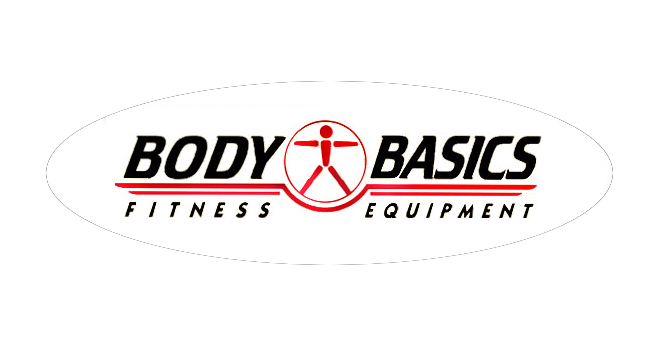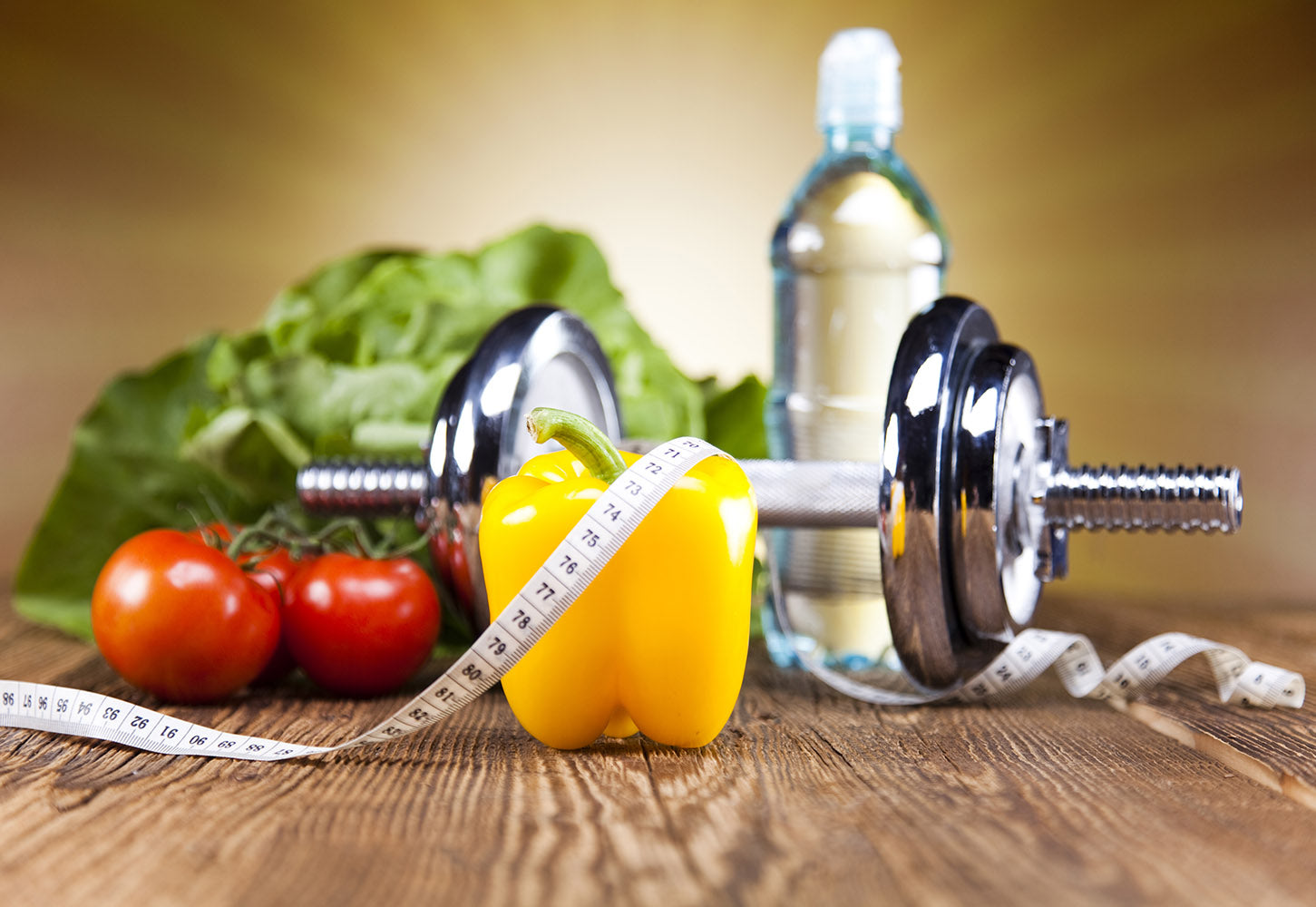At Body Basics, we understand that achieving your fitness goals requires more than just regular exercise; it also demands a strong foundation in proper nutrition. Whether you're lifting weights, running on a treadmill, or gliding on an elliptical, the right nutrition plan can enhance your performance, speed up recovery, and support overall health. In this blog post, we'll explore the importance of balanced nutrition in conjunction with working out on fitness equipment and provide tips on how to harmonize these two crucial aspects of a healthy lifestyle.
1. Fueling Your Workouts with Macronutrients:
Macronutrients are the nutrients your body needs in larger quantities and are vital for energy production, muscle growth, and recovery. Here’s how each macronutrient supports your workouts:
-
Carbohydrates: As the primary source of energy, carbohydrates are essential for fueling your workouts. When you engage in cardio exercises like running on a treadmill or using an elliptical, your body relies heavily on glycogen stores derived from carbs. Incorporate complex carbohydrates like whole grains, fruits, and vegetables into your diet to ensure sustained energy levels.
-
Proteins: Protein is crucial for muscle repair and growth, especially after strength training sessions with free weights. Consuming adequate protein helps rebuild muscle fibers that are broken down during exercise. Include lean protein sources such as chicken, fish, beans, tofu, and dairy products in your meals to support muscle recovery and growth.
-
Fats: Healthy fats are necessary for hormone production, nutrient absorption, and providing long-lasting energy. Incorporate sources of unsaturated fats like avocados, nuts, seeds, and olive oil into your diet to support overall health and endurance during workouts.
2. The Role of Micronutrients in Fitness:
Micronutrients, though needed in smaller quantities, play a significant role in optimizing your performance and recovery:
-
Vitamins: Vitamins like Vitamin C, D, and B-complex support immune function, bone health, and energy metabolism. Ensure a diet rich in fruits, vegetables, dairy, and lean meats to meet your vitamin needs.
-
Minerals: Minerals such as calcium, potassium, and iron are essential for muscle function, hydration, and oxygen transport. Include leafy greens, nuts, seeds, and whole grains in your meals to maintain adequate mineral levels.
3. Hydration: The Foundation of Performance:
Proper hydration is crucial for optimal performance during workouts. Water regulates body temperature, transports nutrients, and aids in recovery. Aim to drink at least 8 glasses (about 2 liters) of water per day, and increase intake based on activity levels and climate. Staying hydrated enhances endurance, reduces fatigue, and supports overall health.
4. Pre-Workout Nutrition:
What you eat before a workout can significantly impact your performance. Here are some pre-workout nutrition tips:
-
Timing: Eat a balanced meal 2-3 hours before your workout to allow for digestion. Include carbs for energy, protein for muscle support, and fats for sustained energy.
-
Quick Snack: If you’re short on time, have a light snack 30-60 minutes before exercising. Options include a banana with peanut butter, a protein shake, or yogurt with berries.
5. Post-Workout Nutrition:
Recovery is just as important as the workout itself. Post-workout nutrition helps replenish glycogen stores, repair muscle tissue, and rehydrate the body:
-
Protein: Consume a protein-rich snack or meal within 30 minutes to an hour after your workout. This can be a protein shake, grilled chicken salad, or a tofu stir-fry.
-
Carbohydrates: Pair your protein with carbohydrates to restore energy levels. Good options include sweet potatoes, brown rice, or whole-grain bread.
-
Hydration: Rehydrate with water or a low-sugar electrolyte drink to replace fluids lost during exercise.
6. Creating a Balanced Plate:
A balanced diet supports your overall health and enhances workout performance. Here’s how to create a balanced plate:
-
Fruits and Vegetables: Fill half your plate with a variety of colorful fruits and vegetables to ensure a wide range of vitamins and minerals.
-
Whole Grains: One quarter of your plate should be whole grains like quinoa, brown rice, or whole-wheat pasta to provide sustained energy.
-
Lean Proteins: The remaining quarter should be lean proteins such as chicken, fish, beans, or tofu to support muscle health.
-
Healthy Fats: Include a small portion of healthy fats, such as a drizzle of olive oil, a handful of nuts, or slices of avocado.
7. The Benefits of Meal Planning:
Meal planning ensures you have nutritious meals and snacks available, making it easier to stick to a healthy eating plan. Prepare meals in advance, keep healthy snacks on hand, and try new recipes to keep your diet interesting and balanced.
8. Mindful Eating:
Mindful eating encourages you to pay attention to what, why, and how you eat. Savor your food, eat slowly, and listen to your body’s hunger and fullness cues. This practice can prevent overeating and improve digestion.
9. Special Considerations:
-
Dietary Restrictions: Be mindful of any food allergies, intolerances, or dietary preferences. There are plenty of nutritious alternatives to accommodate various needs.
-
Supplements: While a balanced diet should provide most of the nutrients you need, some individuals may benefit from supplements. Consult with a healthcare professional before adding any supplements to your diet.
Balancing nutrition with your fitness routine is essential for achieving optimal health and performance. By focusing on a diet rich in macronutrients and micronutrients, staying hydrated, and practicing mindful eating, you can support your body’s needs and enhance your workouts on fitness equipment. At Body Basics, we’re here to support you with high-quality fitness equipment and expert advice to help you reach your fitness goals. Remember, a balanced approach to nutrition and exercise is the key to a healthier, happier you.
How do you balance nutrition with your fitness routine? Share your tips in the comments below! For more information on maintaining a balanced diet and for all your fitness equipment needs, visit our website today.




Leave a comment
All comments are moderated before being published.
This site is protected by hCaptcha and the hCaptcha Privacy Policy and Terms of Service apply.